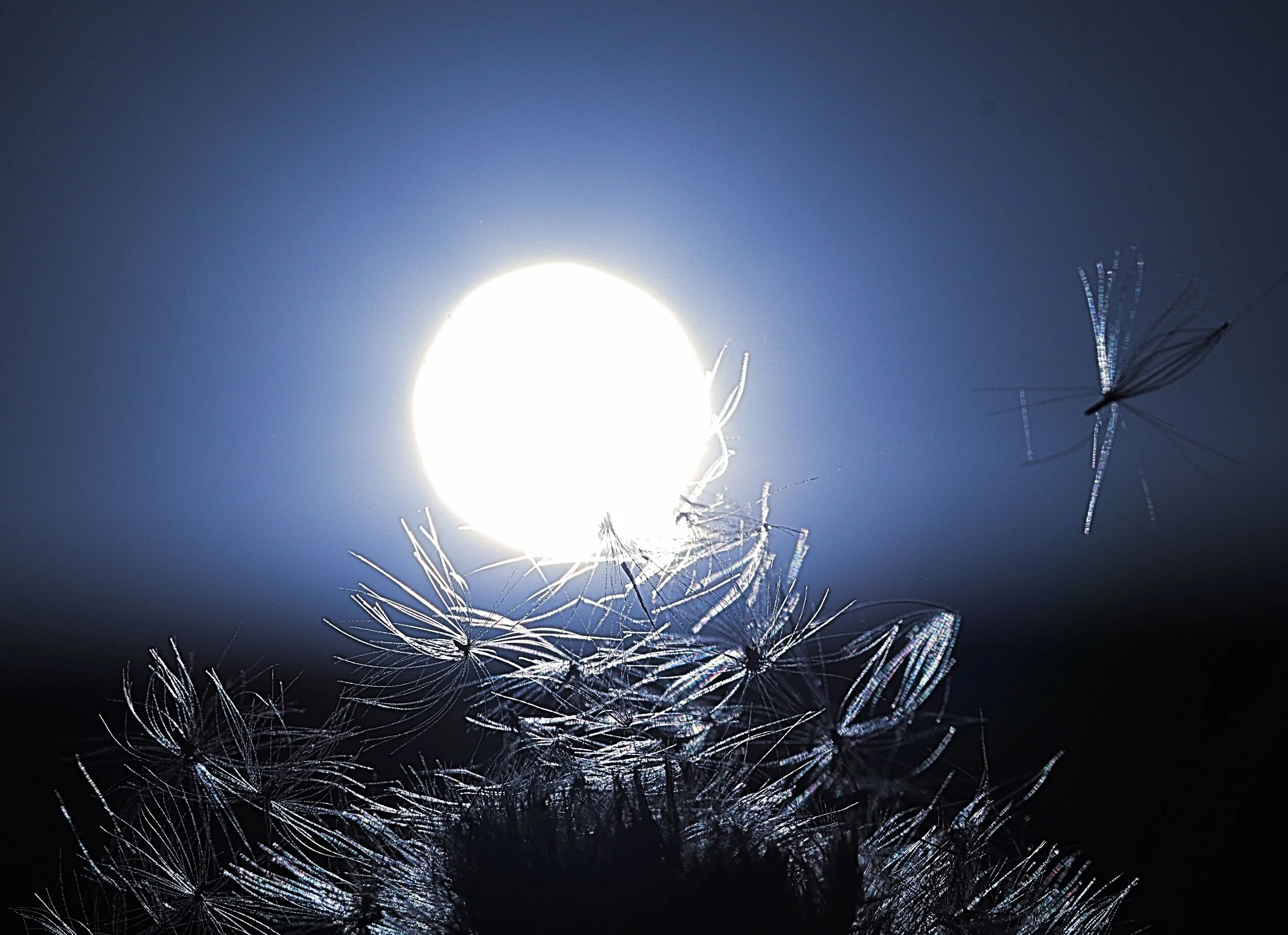It's no secret that cannabis can help consumers fall asleep, but can it assist those who suffer from sleeping disorders? Insomnia affects 30-40 percent of the population, and about 10-15 percent of adults will experience chronic insomnia in their lifetime. Sleeping disorders disrupt more than just sleep and can also harm our well-being, our work-life, and our personal relationships. But before you ask your doctor if cannabis could be the right course of action for you, knowing some facts and figures can help you go into the conversation with confidence and understanding.
Our natural sleep cycle is essential to feeling good and healthy the next day. However, sometimes we fall out of sync with our sleep schedule due to everyday stressors that keep us awake or lifestyle events that throw us out of whack. Cannabis can help restore a person's natural sleep cycle, whether related to a sleep disorder or not. Chronic pain can contribute to poor sleep, and thanks to CBD's natural anti-inflammatory properties and THC's dissociation and analgesic qualities, cannabis can help those experiencing pain get to bed easier. Stress-related sleep disturbances can be common as well, and many cannabis strains can aid in reducing anxiety, giving the night-time user relief from an over-active mind. While cannabis can help us fall asleep faster, it's important to note that quick sleep induction doesn't always equate to excellent sleep quality. An example of this can be seen with alcohol: you may feel sleepy after that glass of wine and doze off with no problems, but alcohol hinders restorative rest and causes people to wake up frequently throughout the night.
Not all strains are created equal, not all bodies are the same, side effects are possible, and the dosage is an important factor. Some studies even point to the terpene makeup being as crucial as the cannabinoid makeup, and since we're at the beginning stages of learning just how cannabis affects our sleeping bodies, personal experimentation is typically the best way to find that sleep-aid sweet spot. (When experimenting, remember to always start with a small dose, preferably on a weekend when you don't have something important to do early the next day.) To avoid the possible side-effects of overconsumption, like grogginess or minor headaches, stick by the saying, "A little goes a long way." You can re-dose if needed in an hour or if you wake up again in the middle of the night. Utilizing a journal to write down your experiences will help you identify the best dosage and strain choices for you.
THC typically reduces the amount of time the user will spend in REM sleep, the cycle when we experience our dreams. If the consumer suffers from frequent nightmares, the reduction of REM sleep could improve their overall sleep health. This is why patients with PTSD could benefit from ingesting cannabis before bed. It's important to note that REM sleep is essential for healthy cognitive and immune functioning, so while cannabis may help those specific instances where night terrors are chronic, long-term suppression of REM sleep is not suggested. CBD may increase the onset of REM sleep, so for those using cannabis for insomnia purposes unrelated to nightmares, incorporating CBD could help alleviate the possible adverse effects caused by THC consumption before bed.
As a sleep-aid, the general suggestion is to consume cannabis about an hour before you expect to fall asleep. Some people experience heightened anxiety from high-THC strains, so using a lower-THC strain for sleep-related relief is suggested. Some strains will perk you up, so be sure to ask your dispensary for their sedative recommendations, and take note of which cultivars work best for you. Typically, indica or indica-leaning hybrids with terpenes such as myrcene, caryophyllene, terpineol, and linalool are best for inducing sleep. Smoking is the most common consumption method; however, tinctures and vapes are great alternatives for avoiding the cannabis odor or for those who have lung issues or respiratory sensitivity. Cannabis can be a tool to help us overcome sleep challenges in our lives, but the long-term goal is to use these tools to create self-sustaining behaviors that support a healthy lifestyle, promoting good sleep without the use of outside factors. Abruptly halting cannabis consumption can initially make sleep more challenging, so if you decide you want to start tackling bedtime on your own, it's probably best to slowly decline your cannabis consumption rather than quit cold turkey and face possible withdrawal symptoms.
Giving Tree Farms cultivates some cultivars that promote sleep for the general consumer. If you're a bulk buyer, reach out to us today and we'll send you our full inventory list. Our R&D tests always include a terpene analysis, and you can check out our recent testing results here.
We also work with our clients to form custom cultivation plans. As we approach 2021, now is the time to start crafting those, so send us an email if custom cultivation is of interest to you.
*This post is for informational purposes only. Please consult with your doctor if using cannabis for medicinal purposes.

